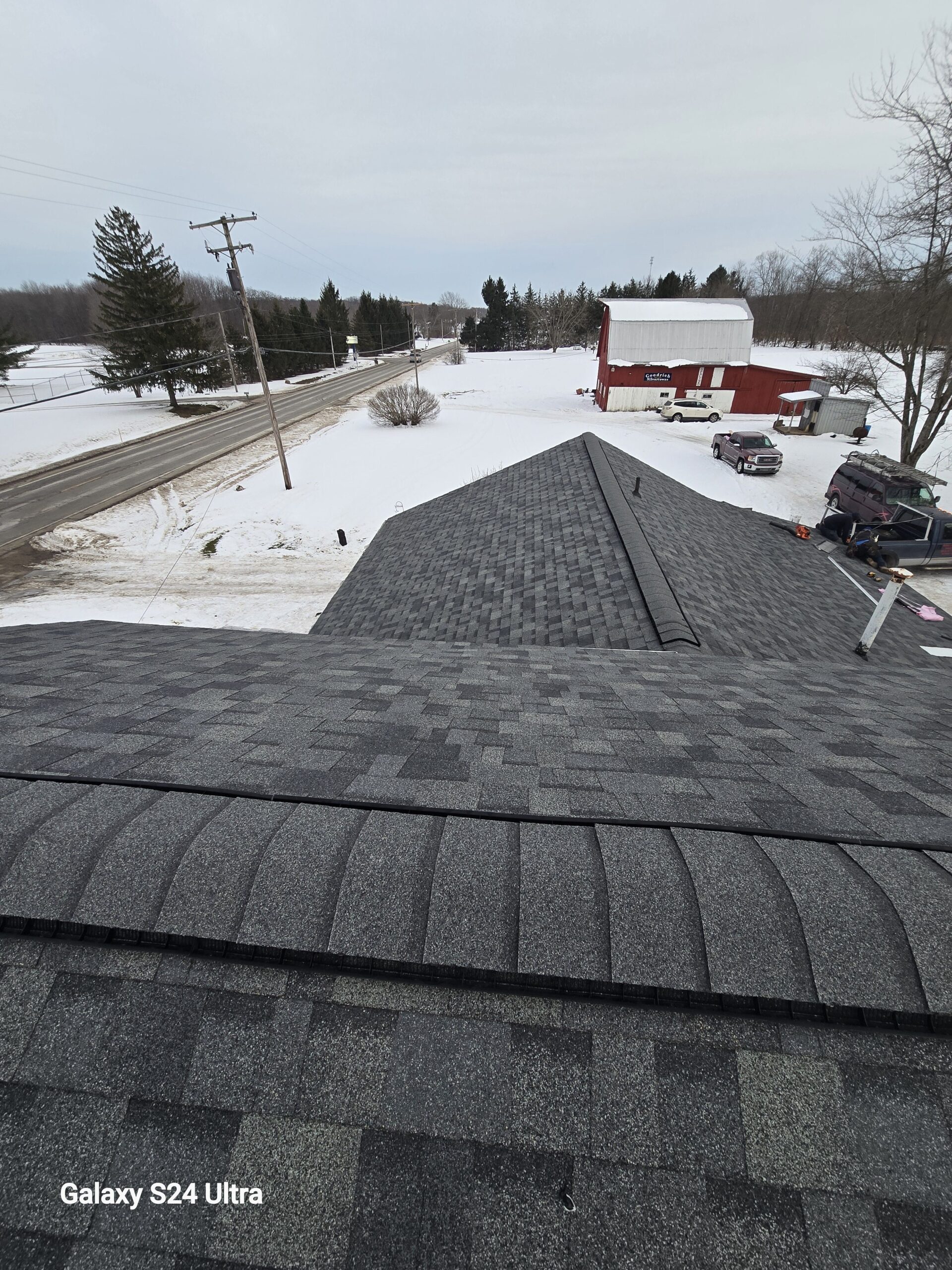9 Tips for Hiring a Great Roofing Contractor
When it comes to protecting your home, the roof is one of the most crucial components. Whether you need repairs, a replacement, or a brand-new installation, hiring a skilled and trustworthy roofing contractor is essential. With so many options available, it can be overwhelming to choose the right professional for the job. To help you navigate this process, we’ve compiled nine essential tips for hiring a great roofing contractor.
1. Verify Licensing and Insurance
One of the first things to check when hiring a roofing contractor is their licensing and insurance. A reputable contractor should have the necessary state licenses to perform roofing work legally. Additionally, they should carry both liability insurance and worker’s compensation insurance to protect you from potential legal and financial liabilities. Without these protections, you could be held responsible for accidents or damages that occur during the project.
2. Look for Experience and Reputation
Experience matters in the roofing industry. A well-established contractor with years of experience is more likely to provide high-quality workmanship. Research the contractor’s reputation by reading online reviews, checking testimonials, and asking for references. Look for a company with a proven track record of satisfied customers and successful projects.
3. Ask for References and Portfolio
A reputable roofing contractor should be able to provide references from past clients and a portfolio of completed projects. Contacting previous customers allows you to gauge the contractor’s reliability, professionalism, and work quality. Reviewing before-and-after photos of previous jobs can also help you assess their craftsmanship.
4. Get a Detailed Written Estimate
Before signing any contract, request a detailed written estimate. The estimate should include a breakdown of materials, labor costs, project timelines, and payment terms. This transparency ensures that there are no hidden fees or unexpected charges. Comparing estimates from multiple contractors can also help you make an informed decision based on both price and value.
5. Check Manufacturer Certifications
Some of the best roofing contractors hold certifications from leading manufacturers. These certifications indicate that the contractor has undergone specialized training and meets high industry standards. For example, Owens Corning Preferred Contractors and GAF Master Elite Contractors have demonstrated expertise in installing specific roofing products correctly. Choosing a certified contractor can provide added peace of mind and warranty benefits.
6. Understand Warranty Options
Warranties play a crucial role in protecting your investment. A good roofing contractor should offer both manufacturer warranties (covering materials) and workmanship warranties (covering installation). Read the warranty terms carefully to understand what is covered and for how long. A contractor confident in their work will stand behind it with a strong warranty.
7. Avoid Storm Chasers and High-Pressure Sales Tactics
After severe weather events, some disreputable contractors, known as “storm chasers,” may knock on your door offering quick and cheap repairs. Be cautious of these contractors, as they may not provide quality work or honor warranties. Additionally, avoid contractors who use high-pressure sales tactics to rush you into making a decision. A reliable contractor will give you time to review estimates and make an informed choice.
8. Ensure Clear Communication
Effective communication is key to a successful roofing project. From the initial consultation to the final inspection, your contractor should be responsive and transparent about the process. They should answer your questions, provide updates, and keep you informed about any potential issues or changes. Poor communication can lead to misunderstandings and project delays.
9. Consider Local Contractors
Hiring a local roofing contractor has several advantages. Local contractors are more familiar with building codes, weather conditions, and common roofing issues in your area. Additionally, they have established reputations within the community, making it easier to verify their credibility. A local contractor is also more likely to be available for future maintenance and warranty services.
Final Thoughts
Choosing the right roofing contractor requires careful research and consideration. By following these nine tips, you can ensure that your roofing project is completed by a skilled and trustworthy professional. Prioritizing licensing, experience, warranties, and communication will help you avoid potential pitfalls and achieve a high-quality, long-lasting roof. Whether you need minor repairs or a full replacement, investing time in hiring the right contractor will save you money and stress in the long run.
 (440) 307-2060
(440) 307-2060


